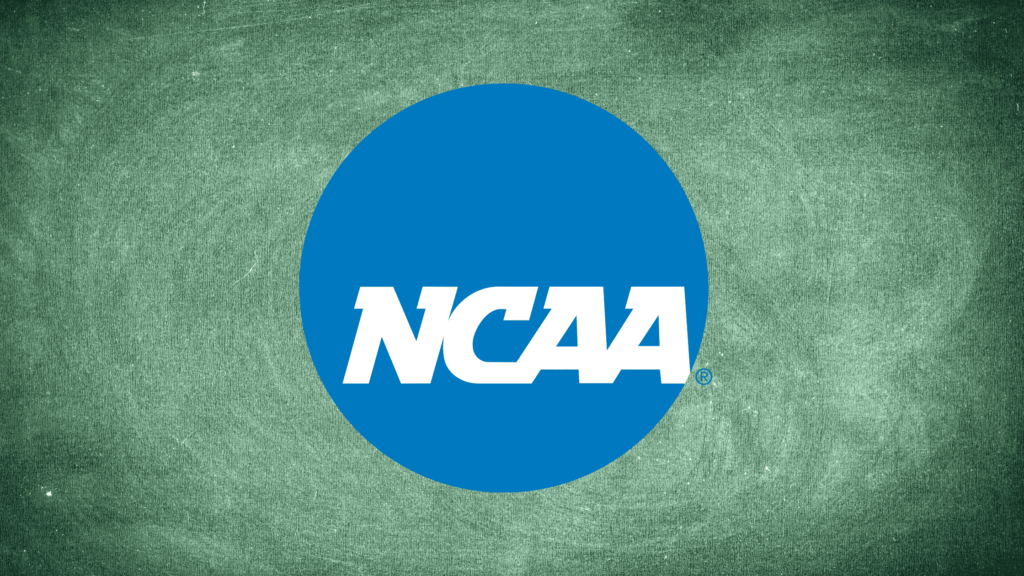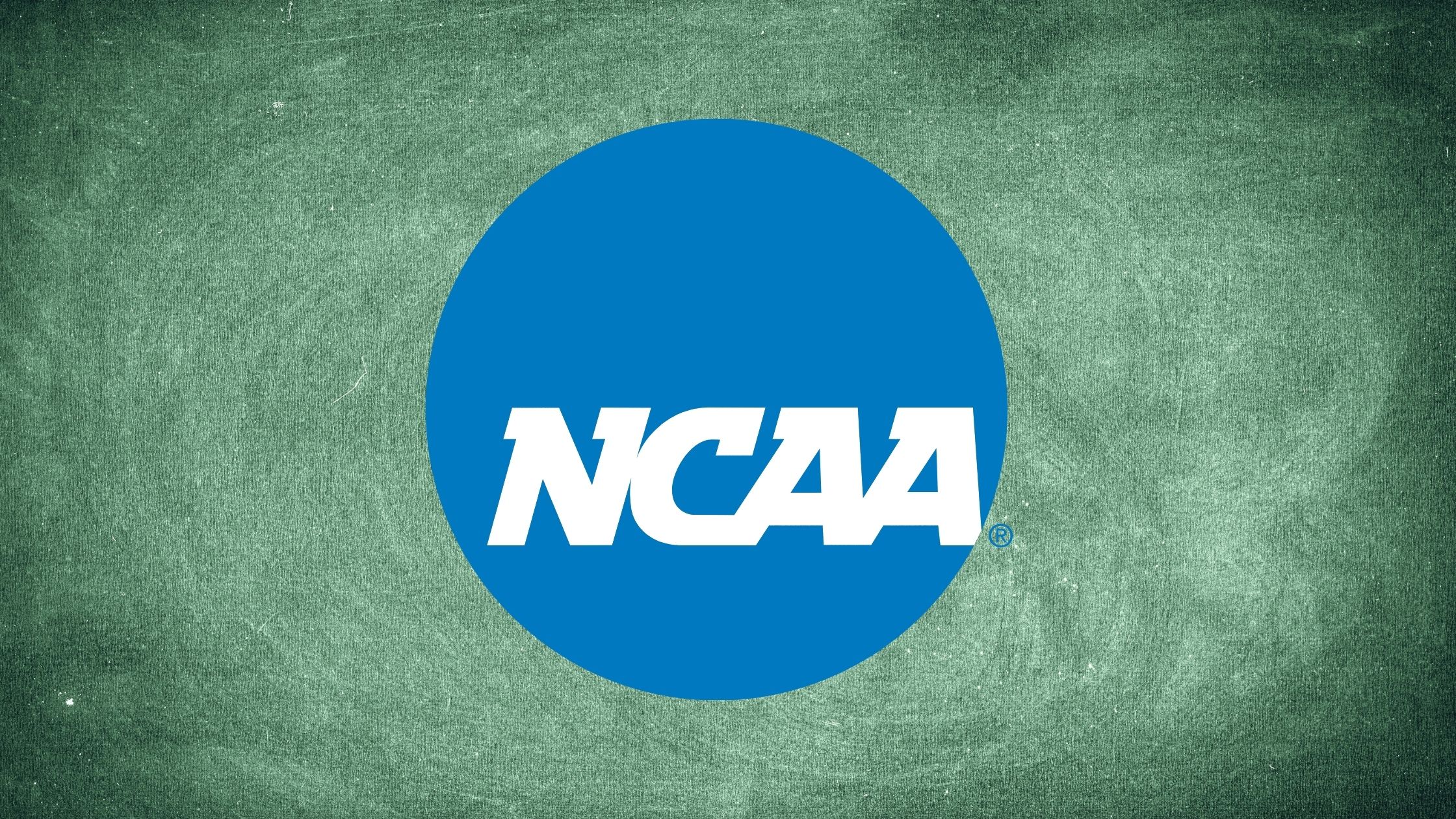Understanding the Revised NCAA Initial-Eligibility Requirements
Updated on Aug 8, 2023
How the Removal of NCAA Standardized Test Scores Affects Student-Athletes and Schools
The NCAA Division I Council voted to eliminate test score requirements for initial-eligibility for incoming college freshmen student-athletes. This eligibility requirement change was due to a recommendation made by the NCAA Standardized Test Score Task Force, a committee charged with reviewing initial eligibility requirements as part of the NCAA’s eight-point plan to advance racial equity.
“As some NCAA member schools shift away from requiring standardized test scores for general student admissions, the Council felt it was appropriate to reflect those admission standards in eligibility requirements for incoming freshman student-athletes,” Lynda Tealer, Chair of NCAA Division I Council, said.
Since Fall 2020, the NCAA has waived standardized test requirements for those entering college, now standardized tests will no longer be required to meet NCAA Initial Eligibility for all students, effective immediately.
How Does the Removal of the Test Score Requirements Affect Student-Athletes?
Students who initially enroll full-time and intend to play NCAA Division I (DI) or NCAA Division II (DII) athletics will not be required to submit a standardized test score to meet NCAA initial-eligibility requirements. Their Academic Qualifier status will be the result of meeting the 16 NCAA Core Course requirements and having a qualifying NCAA Core GPA.
What are the New NCAA Initial Eligibility Requirements for Student-Athletes as of January 2023?
Without the SAT or ACT, the NCAA will now remove the sliding scale, formerly used to determine academic eligibility status, which compared their NCAA-approved Core Courses and Core GPA to a standardized test.
Student-athletes enrolling at a DI school during Fall 2023 and beyond will now be academically eligible by earning a 2.3 NCAA Core GPA in their 16 NCAA-approved core courses, with 10 of their NCAA core courses (7 in English, math, and science) completed by the start of their seventh semester in high school (before the start of senior year) – also known as the NCAA 10/7 Rule.
Student-athletes enrolling at a DII school will be academically eligible by earning a 2.2 NCAA Core GPA in their 16 NCAA-approved core courses. There is no requirement to complete a subset of these courses before senior year for DII.
Students who meet these criteria are academically eligible to receive an NCAA athletic scholarship, practice, and compete in their first year at an NCAA member school.
💡 Honest Insight: Even though a standardized test score is not necessary for the NCAA initial-eligibility certification process, colleges and universities may still require test scores for admission. It is highly suggested to inquire about the specific college’s admissions standards. Additionally, some academic scholarships, financial aid, grants or loans, or admission to a specific undergraduate major may factor in standardized test scores.
While NCAA and NAIA (National Association for Intercollegiate Athletics) share several similarities, it should also be noted that the NAIA still has a test score requirement option for incoming freshmen who do not graduate from high school with a minimum 2.3 School GPA.
How Does the Removal of Test Score Requirements Affect High Schools?
First, with the removal of test scores in NCAA Initial Academic Eligibility, it is even more paramount that high schools keep their NCAA Eligibility Center portal maintained. If schools have not added new courses to their portal when adding course offerings to their curriculum, students can not use those classes towards their 16 Core Courses. Even missing just one NCAA core course approval could deem a student ineligible to play college sports. When schools rename their courses, updating the course title in the NCAA Eligibility Center portal is essential.
Second, completion of the 16 NCAA-approved Core Courses is also dependent on proper scheduling. Families and school counselors need to be intentional about confirming NCAA core course approvals during course selection and summer school planning.
In the past, a student might have been ineligible for any of three reasons: core course deficiencies, low NCAA core GPA, and/or a low test score. Now if a student is ineligible, the test score will thankfully no longer be a barrier. While a low NCAA core GPA could still be a barrier to eligibility, more likely students will be deemed ineligible due to NCAA core course deficiencies.
Still have questions? Navigating the complex and changing NCAA rules can be a challenge, and Honest Game is here to simplify the process. Contact Honest Game to help take the guesswork out of academic eligibility for college sports.

As a former Senior Associate Athletic Director at the NCAA Division I level and with more than 20 years of experience in collegiate athletics, Courtney has advised thousands of student-athletes through the college recruiting and eligibility process for college sports. Interested in virtual counseling with Courtney? Sign up here.




